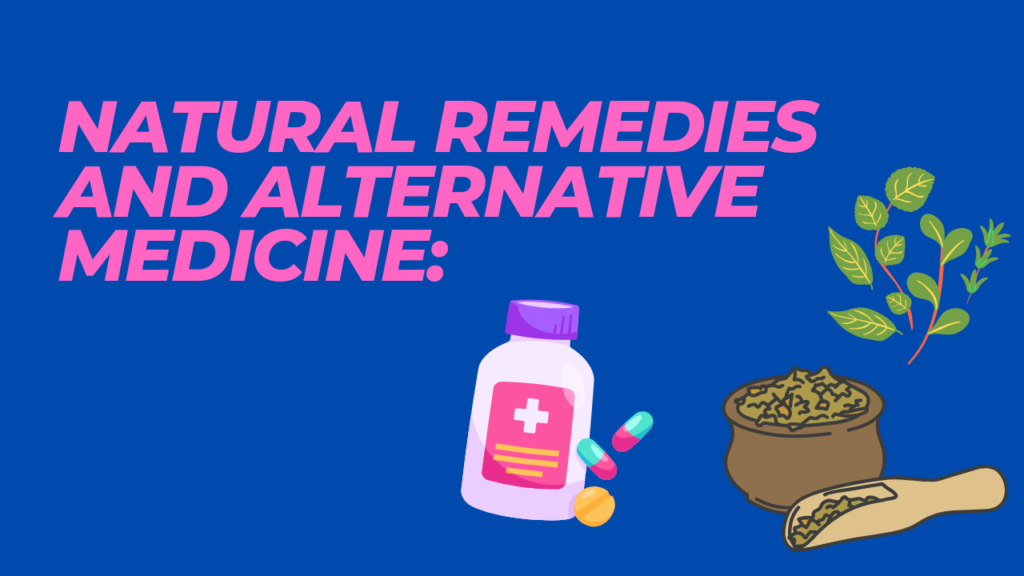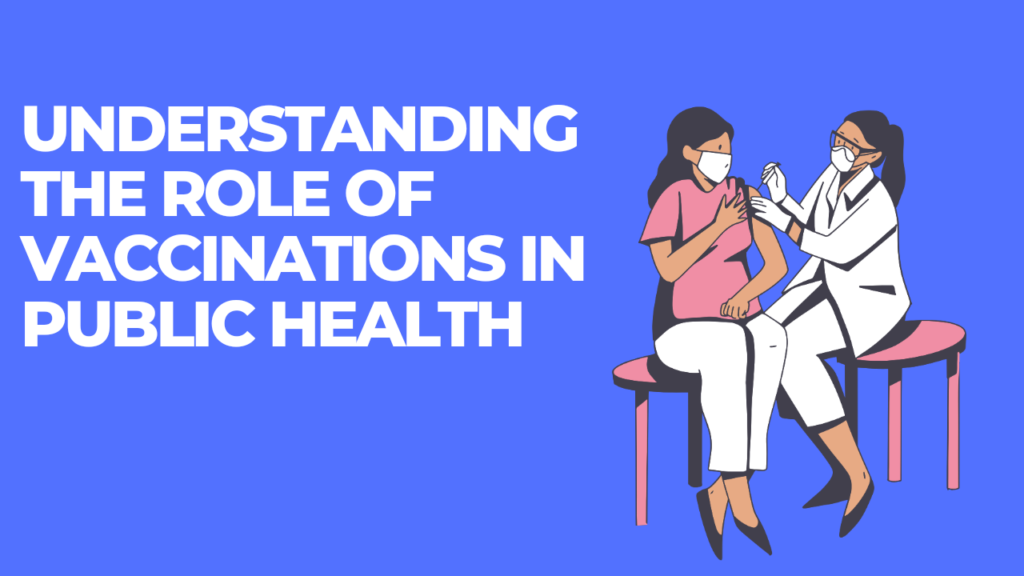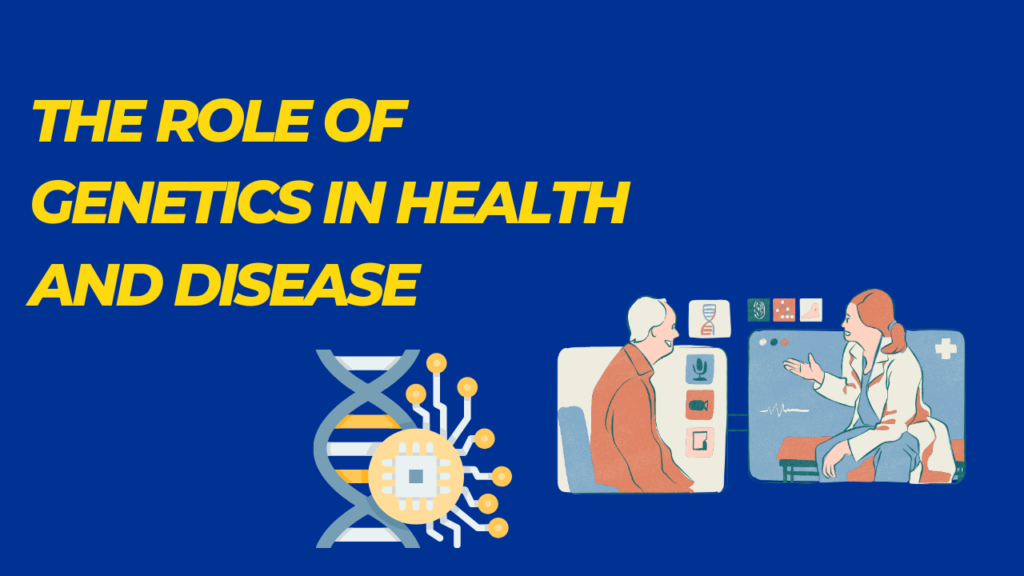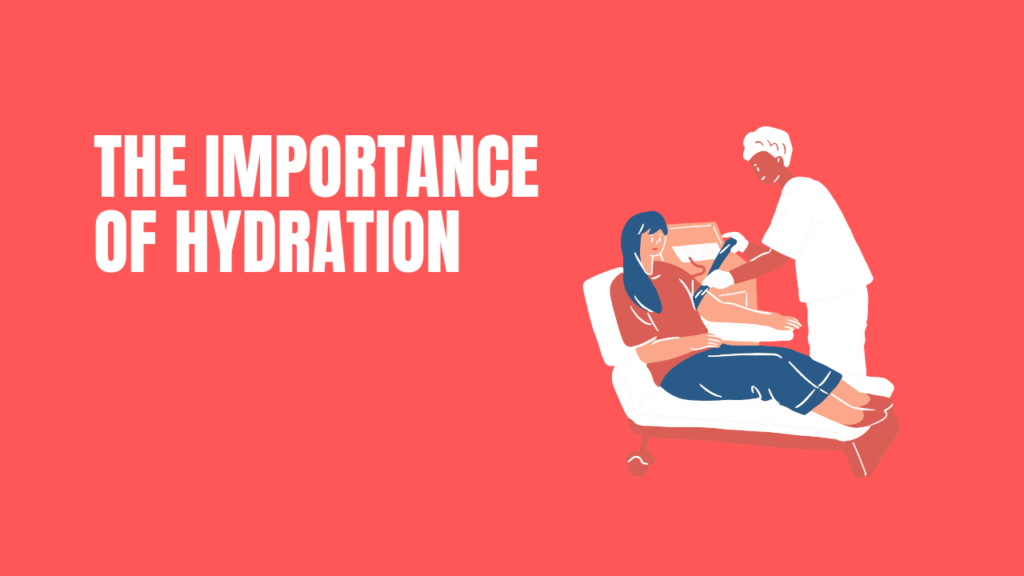IMPACT OF TECHNOLOGY ON HEALTHCARE
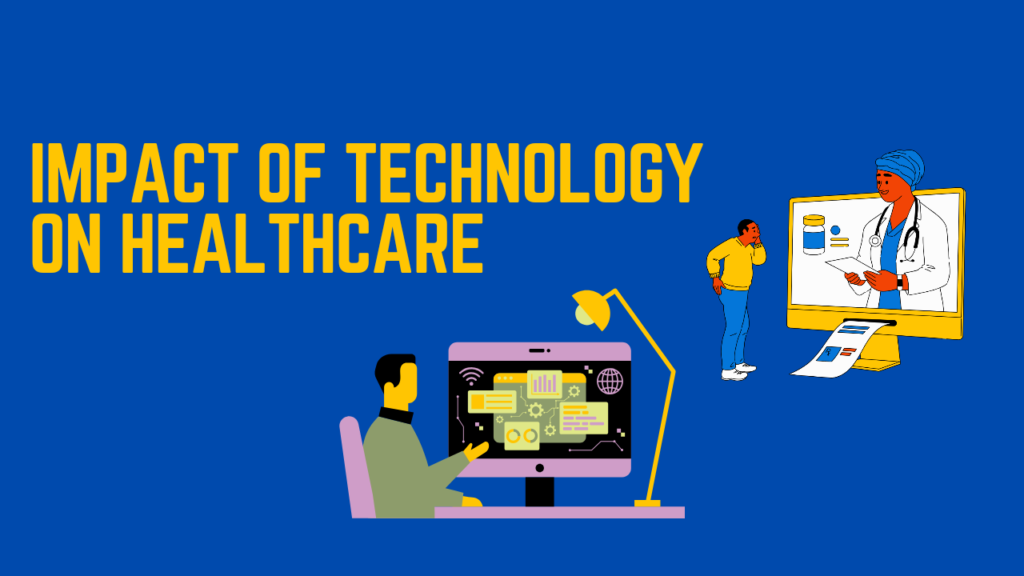
The impact of technology on healthcare has been revolutionary, transforming various aspects of the industry.
- Telemedicine and Remote Monitoring: Technology enables remote consultations and monitoring of patients, improving access to healthcare services, especially in remote areas.
- Electronic Health Records (EHR): Digital records streamline patient information, making it accessible to healthcare providers, leading to better-coordinated care and reduced errors.
- Health Apps and Wearable Devices: Smartphone apps and wearables track fitness, monitor vital signs, and encourage healthy behaviors, empowering individuals to take control of their health.
- Artificial Intelligence (AI) and Machine Learning: AI algorithms analyze medical data, aiding in diagnostics, predicting outbreaks, and personalizing treatment plans, enhancing the accuracy and efficiency of healthcare services.
- Robotics in Surgery: Robots assist surgeons in performing complex procedures with precision, leading to minimally invasive surgeries, shorter recovery times, and reduced risks.
- 3D Printing: Customized prosthetics, implants, and even organs can be created using 3D printing technology, revolutionizing the field of medical devices and transplantation.
- Pharmacy Automation: Automated systems in pharmacies reduce medication errors, enhance inventory management, and improve the overall efficiency of medication dispensing.
- Health Information Exchange (HIE): Interoperability allows different healthcare systems to share patient data securely, promoting collaborative care among healthcare providers.
- Data Security and Privacy: Technology has also led to advancements in securing patient data, ensuring privacy, and compliance with regulations like HIPAA (Health Insurance Portability and Accountability Act).
- Genomic Medicine: Advancements in technology enable the sequencing of an individual’s genome, leading to personalized medicine tailored to a person’s genetic makeup, improving treatment outcomes.
These advancements collectively improve patient care, increase efficiency, and contribute to better health outcomes in the modern healthcare landscape.
The impact of technology on healthcare has been profound and continues to shape the industry in various ways:
- Electronic Health Records (EHRs): EHR systems have improved the accessibility and organization of patient data, making it easier for healthcare professionals to provide efficient and personalized care.
- Telemedicine: Telemedicine has expanded access to medical services, enabling remote consultations, monitoring, and follow-ups. This became especially crucial during the COVID-19 pandemic.
- Medical Imaging and Diagnostics: Advancements in imaging technologies, like MRI, CT scans, and AI-powered diagnostics, have enhanced accuracy in disease detection and diagnosis.
- Robotic Surgery: Robots are used in surgical procedures, offering precision, minimally invasive techniques, and reduced recovery times.
- Wearable Health Devices: Smartwatches, fitness trackers, and health apps allow individuals to monitor their health, track physical activity, and receive real-time health data.
- Big Data and Analytics: Healthcare systems analyze large datasets to improve patient outcomes, identify trends, and develop more effective treatment plans.
- Genomics and Personalized Medicine: Genetic information is used to customize treatments, medications, and prevention strategies based on an individual’s genetic makeup.
- Artificial Intelligence: AI is employed in medical research, drug discovery, and predictive analytics to enhance patient care and outcomes.
- Drug Development: Technology accelerates drug development through simulations, virtual trials, and drug design, bringing new treatments to market faster.
- Patient Engagement: Mobile apps and platforms empower patients to manage their health, make informed decisions, and communicate with healthcare providers.
- Supply Chain and Inventory Management: Healthcare technology optimizes the supply chain, ensuring the availability of essential medical equipment and medications.
- Remote Monitoring: IoT devices and sensors enable continuous monitoring of patients’ vital signs, allowing early detection of health issues.
- Blockchain in Healthcare: Blockchain technology is used for secure and transparent medical record-keeping and to manage healthcare data privacy.
The ongoing integration of technology into healthcare has the potential to improve the quality, accessibility, and efficiency of healthcare services while reducing costs and expanding the reach of medical expertise.
The impact of technology on healthcare has been profound and continues to transform the way medical services are provided and received.
- Improved Patient Care and Outcomes: Technology has led to better diagnosis and treatment options, improving patient care and outcomes. Advanced imaging techniques, robotic surgeries, and precision medicine are examples of technological advancements enhancing healthcare.
- Electronic Health Records (EHR): EHR systems have streamlined patient information management. They allow healthcare providers to access patients’ medical history, medications, allergies, and test results electronically, leading to more coordinated and efficient care.
- Telemedicine and Remote Monitoring: Telemedicine enables patients to consult with healthcare professionals remotely, increasing access to medical services, especially in rural or underserved areas. Remote monitoring devices allow continuous tracking of patients’ vital signs, facilitating timely interventions and personalized care plans.
- Health Apps and Wearable Devices: Mobile apps and wearable devices help individuals monitor their health, track fitness activities, and manage chronic conditions. These tools promote preventive healthcare and empower individuals to take charge of their well-being.
- Big Data and Analytics: Healthcare organizations use big data analytics to analyze vast amounts of patient data. This analysis helps identify trends, predict disease outbreaks, optimize treatment plans, and improve overall healthcare quality and efficiency.
- Artificial Intelligence (AI) and Machine Learning: AI and machine learning algorithms are used to analyze complex medical data, enabling faster and more accurate diagnostics. AI-powered chatbots and virtual assistants also enhance patient engagement and provide instant responses to medical queries.
- Drug Discovery and Development: Technology accelerates the drug discovery process by simulating drug interactions, predicting drug responses, and identifying potential drug candidates. This leads to faster development and approval of new medications.
- Robotic Assistance: Robotics assist surgeons in performing intricate procedures with precision, reducing invasiveness and recovery time for patients. Robots are also used in tasks such as medication dispensing and patient assistance, enhancing overall healthcare efficiency.
- Cybersecurity in Healthcare: With the digitization of healthcare data, ensuring data security and patient privacy has become a critical concern. Technology plays a key role in developing robust cybersecurity measures to protect patient information from breaches and unauthorized access.


